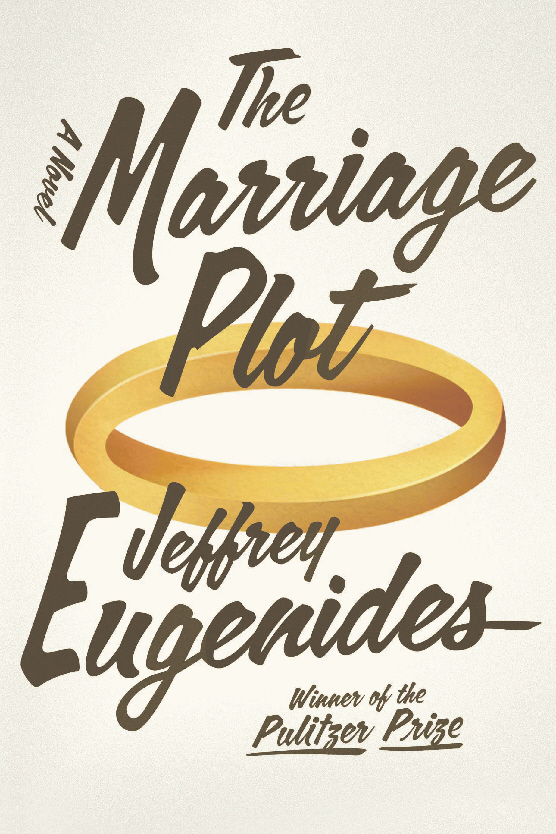


Meanwhile, Maddy’s relationship with Leonard evolves and sours. Post-graduation, his travels in India fail to work out the way he had hoped. Whilst Eugenides successfully paints pictures of the attitudes carried by those who have yet to enter the “real world,” the characters above all come off as flat. Michiko Kakutani, writing in the New York Times, described the novel as feeling “claustrophobic.” They wanted a book, that hard-won, transcendent thing,” in addition to repeated talk of Eco and Derrida weighed down the story. Lines like “…most semiotic theorists had been unpopular as children, often bullied or overlooked, and so had directed their lingering rage on literature. Perhaps this authorial choice made identification with the characters so difficult. There was a dearth of sincere attempts to emotionally connect with the reader, and far too much self referential cleverness. Jonathan Franzen agreed, suggesting Wallace was favoring the in-crowd at the expense of the broader audience.įor me, The Marriage Plot suffered from a similar failure. Mary Karr, w riting in New York Magazine of David Foster Wallace, said Wallace was ‘showing off,’ writing fiction that pointed to all that he had read, rather than stirring feeling in the reader. The incessant name-dropping of various authors, pop culture references and literary theories clutters the first part of the book. Whilst well written, The Marriage Plot falls short of the hype surrounding its release. The title of Eugenides’s novel comes from Maddy’s thesis, which examines the path of typical romance in Victorian novels. Meanwhile, Mitchell has never quite gotten over his love for Maddy, and sets off on a spiritual quest. Madeleine falls in love with Leonard and moves in with him post graduation. Eugenides follows the trio, who are trying to find their way in the world after living somewhat secluded lives during college. The Marriage Plot centers on three young adults – Madeleine, Mitchell and Leonard – who have just graduated from Brown (Eugenides is also an alumni) in the early 1980s. The voices were new and the stories stayed with you long after you closed the book. These works fully engaged the reader the characters had great depth.

I loved Eugenides’s previous works, The Virgin Suicides and Middlesex. I was very excited to review Jeffrey Eugenides’s new novel The Marriage Plot.


 0 kommentar(er)
0 kommentar(er)
